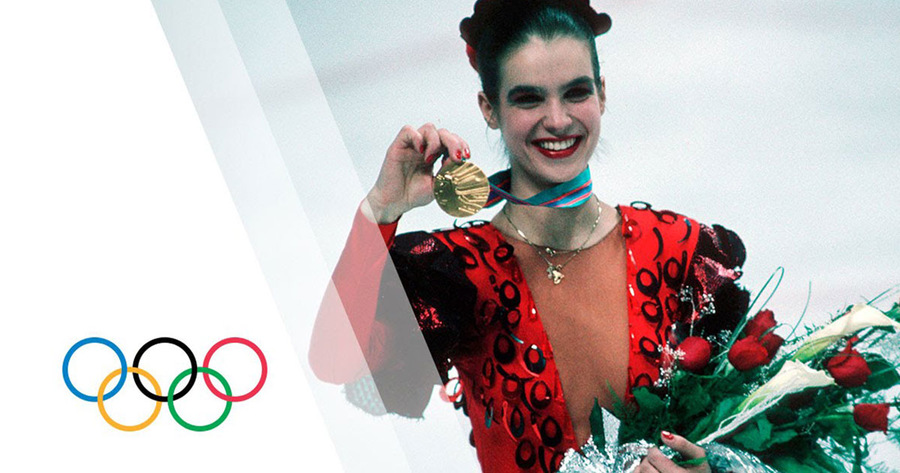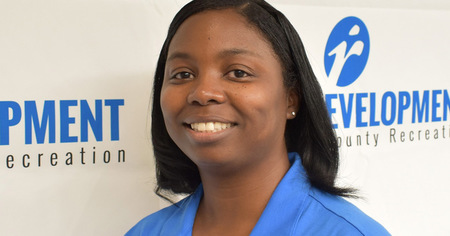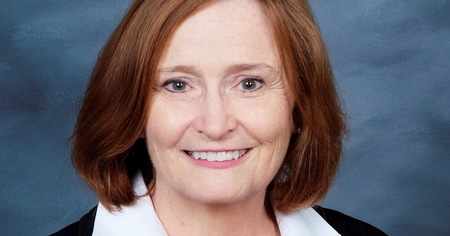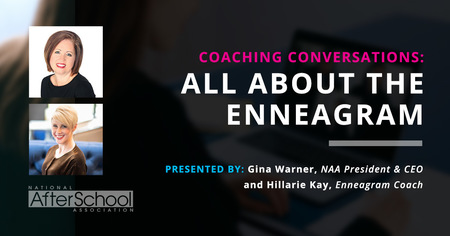Olympian athletes are masters of skill—leaders in their sport. And how they go for the gold isn't unlike other forms of leadership.
There are a lot of perspectives on leadership from the for-profit and nonprofit world. A quick search on Amazon alone identifies over 30,000 books on the topic, with a significant number dedicated to nonprofit leadership and management. It seems like I get at least one alert a day about a new book, blog or podcast on the subject.
Now, I have not read all 30,000 books on leadership on Amazon. I have, however, read quite a few! One of the best is Mastering Leadership: An Integrated Framework for Breakthrough Performance and Extraordinary Business Results by Robert J. Anderson and William A. Adams.
In this book, Anderson and Adams clearly lay out that, when it comes to leadership, we are talking about mastering two games:
- The Outer Game of Competence
- The Inner Game of Consciousness
Masterful Leadership = "Conscious Competence," or the maturity of the inner game to manage the outer game.
Let me tell you a story that illustrates this concept.
The 1988 Winter Olympics.
Three female figure skaters on the final night of competition.
In first place—and the favorite to win—was American Debi Thomas, 1986 World Champion and two-time USA National Champion. She had a commanding lead and was the most technically accomplished skater.
In second place was Katarina Vitt, a prior gold medalist and four-time World Champion from East Germany. She was skating the final event of her amateur career.
In third place was a woman from Canada named Elizabeth Manley, a dark-horse contender. No one (but herself) expected her to be in contention.
Each skater was interviewed before taking the ice.
Debi Thomas said: "I just want to get through this performance without making a mistake."
Katarina Vitt spoke eloquently about closing her amateur career with a "magical performance."
Elizabeth Manley said: "I was not expected to be here. I have nothing to lose. I am going to go out there and have a blast. I am going to skate the performance of my life."
The Inner Game runs the Outer Game.
What you hold in your consciousness tends to manifest.
Debi Thomas, trying hard not to make a mistake, fell and skated well below her potential.
Katarina Vitt skated a beautiful swansong performance.
And Elizabeth Manley?
She stole the evening, skating an inspired performance. She had the highest score of the evening and rose from third place to capture the silver medal, just a fraction of a point from getting the gold. Katarina Vitt won the gold, and Debi Thomas, the skater described as the "most technically accomplished" fell to third.
How was Debi Thomas' outer game? As the "most technically accomplished" skater of the three, she was more than capable of winning gold. But how was her Inner Game for that moment, for that stage? By her own account, not mature enough. Her words? "I just want to get through this performance without making a mistake."
Debi Thomas was playing what Larry Wilson calls the "play not to lose" game. In this game, we strive to win by trying hard not to fail. That is essentially a defensive game. Katarina Vitt and Elizabeth Manley were competing in a "play to win" game.
Debi Thomas now coaches aspiring skaters on the Inner Game. As a successful surgeon, she cannot afford to have a single day when either her Outer Game or her Inner Game lets her down.
MASTERING LEADERSHIP: RESOURCES
Let me be clear: Competence is necessary to attain and be effective in senior leadership roles, but competence alone does not make for effective leadership.
Much of the current focus for developing leadership is primarily on improving competency. That approach is helpful—necessary—but insufficient because it ignores the Inner Game.
You must also focus on your Inner Game. What drives you. How you define yourself. What you believe. Your level of self-awareness and emotional intelligence. Your internal operating system.
For the Outer Game, we have the NAA Competencies.
But how are we going to support the Inner Game for leaders in our field?
Executive Membership | Two levels of NAA membership are available to the afterschool professional. Executive Membership is specifically designed to meet the needs of afterschool leaders and provides professional development opportunities and resources, as well as a number of other benefits. Learn more here.
Attending Convention | NAA Convention is where afterschool professionals and leaders gather. The 2,000 members of our community come together for four days of networking, learning and inspiration through special events, workshops, daily keynotes, an interactive Learning Expo and more. NAA18 is in Atlanta, March 18 – 21. Register here.
The NAA Next Generation Leadership Fellowship | NGLI uses the NAA Model of Afterschool Leadership Development. The 20-week program includes personalized leadership assessment, one-on-one coaching, collaborative virtual learning experiences, and cutting-edge communications tools and techniques immediately applicable to leaders and their teams. Applications are currently being accepted for the spring 2018 session. Learn more and apply here.
What other ideas do you have? What other resources do you need?
What we know—and what the research and our experience—tells us is that unless we focus on both the Outer Game and the Inner Game of leadership, we're not going to be successful at our efforts to develop leaders for our field. We're not going to produce the kind of results we know are possible for our staff, our programs, the children and families we serve, and the communities in which we live and work.
Written by Gina Warner, President and CEO of NAA.




